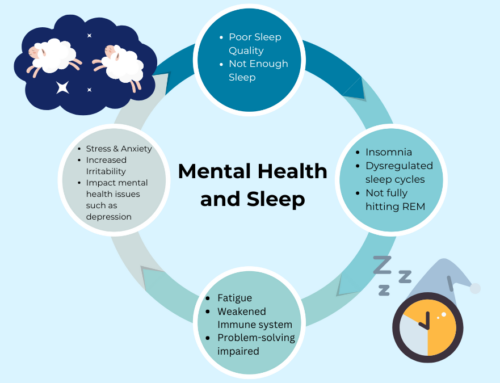Sometimes in life we encounter events that cause us to form harmful coping mechanisms. Breaking this cycle requires a mindfulness that CBT, Cognitive Behavioral Therapy, can help you develop.
CBT focuses less on inspecting the exact details of where your struggles began, but instead how they connect to your emotions/ behavior in the present moment and restructuring them to something more positive. However, CBT is often paired with different modalities such as Interpersonal therapy, DBT (Dialectical Behavioral Therapy) or EFT, emotion focused therapy.
EFT does look to see how your present emotions are connected to memories. Once this is established it is easier to go forward with CBT, as the client has been given the tools to create a stronger emotional awareness. If you struggle with eliminating the expression of unhealthy coping mechanisms, having a CBT action plan could be a treatment worth discussing with your counselor or therapist.
One of the many approaches that Constantly Healthy uses to find solutions to unwanted behaviors is CBT therapy. What is it though and how is it used? Well, CBT therapy is one of the most highly researched therapy techniques in the field of psychotherapy and it seeks to shift avoidant and maladaptive behaviors through therapeutic plans meant to challenge the patient to tackle their issues head-on. Setting goals, both short and long-term, is something that is often a part of CBT therapy because it encourages the client to set milestones for their progress; so that they may gradually be able to form healthy reactions and coping skills.
Another important part of CBT is giving the client “homework” to complete outside of sessions. This can look like a variety of things depending on what you are using CBT to treat. For some clients who experience anxiety based disorders such as Phobias, exposure therapy may be a type of CBT tool used in order to move toward the goals the client and counselor collaboratively set.
CBT is especially beneficial in situations where people are looking to change a current behavior or pattern of thinking, since it is a solution-oriented approach rather than an introspective one which would instead seek to find the root causes of issues without also setting a plan to change them. However, CBT is often paired with EFT, emotion focused therapy, which does seek to find out what emotionally charged memories are the root cause of behavioral patterns.
At Constantly Healthy Counseling, the modality of CBT techniques are always paired with EFT, emotion focused therapy, to better support client needs. Without emotional awareness it is nearly impossible to make waves in changing your behavior. Knowing where the root of the issue begins is important in processing memories and transmuting the emotional ties that they hold into something productive and helpful. Clients are taught how to reprogram their thoughts to change the pattern of choices they make. Through doing this combination of CBT and EFT, they start to see a significant shift in their quality of life.
This article was contributed by Rollins Clinical Psychology student, Shannon Caicedo.
Sources:
1. https://www.apa.org/ptsd-guideline/patients-and-families/cognitive-behavioral
2. https://www.ncbi.nlm.nih.gov/pmc/articles/PMC8489050/
3. https://www.self.com/story/9-things-you-should-know-about-cognitive-behavioral-therapy
Related Articles
Start Living Constantly Healthy Today
Same Day Therapy with Weekend & Evening Availability







